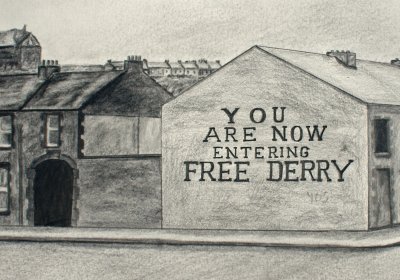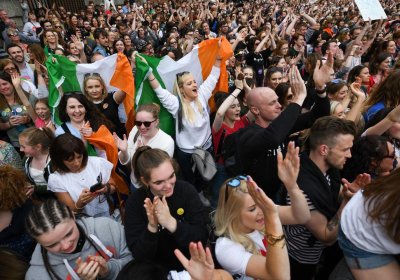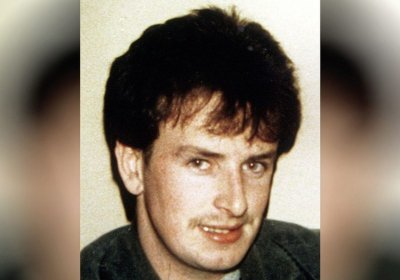On January 30, 1972, British soldiers massacred 14 civilians — six of them teenagers. Stuart Munckton looks at the roots of the British crime and the ongoing struggle for justice 50 years later.
Northern Ireland
The British government could intervene to extend reproductive rights to Northern Ireland but it chooses not to, writes Kellie O’Dowd from Northern Ireland’s Alliance for Choice.
A soldier is to stand trial for the 1988 fatal shooting of a man as he walked through a British Army checkpoint during Britain’s military occupation of the six counties in Ireland’s north still claimed by Britain.
Northern Ireland is in the grip of a deep political crisis.
The power-sharing administration in the six northern Irish counties still claimed by Britain between the Irish republican party Sinn Fein and the pro-British Democratic Unionist Party (DUP) collapsed when Sinn Fein Deputy First Minister Martin McGuinness resigned on January 9 and called for new elections.
Explaining his decision to resign, McGuinness cited “growing DUP arrogance and lack of respect, whether that was for women, our LGBT community, ethnic minorities or the Irish-language community and identity.”



